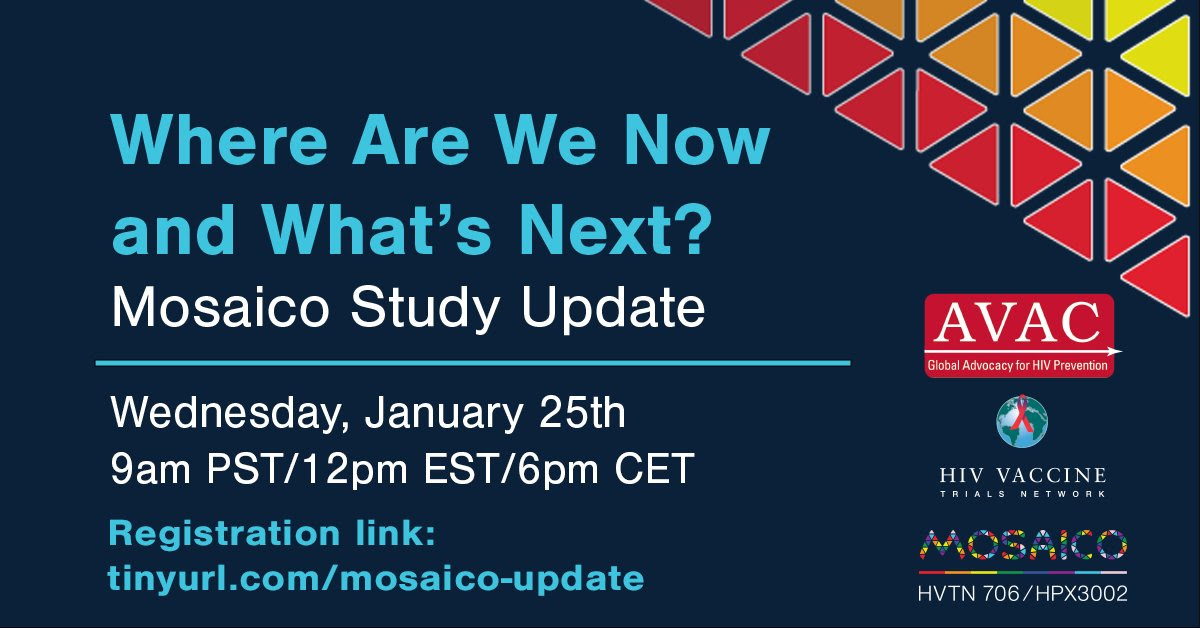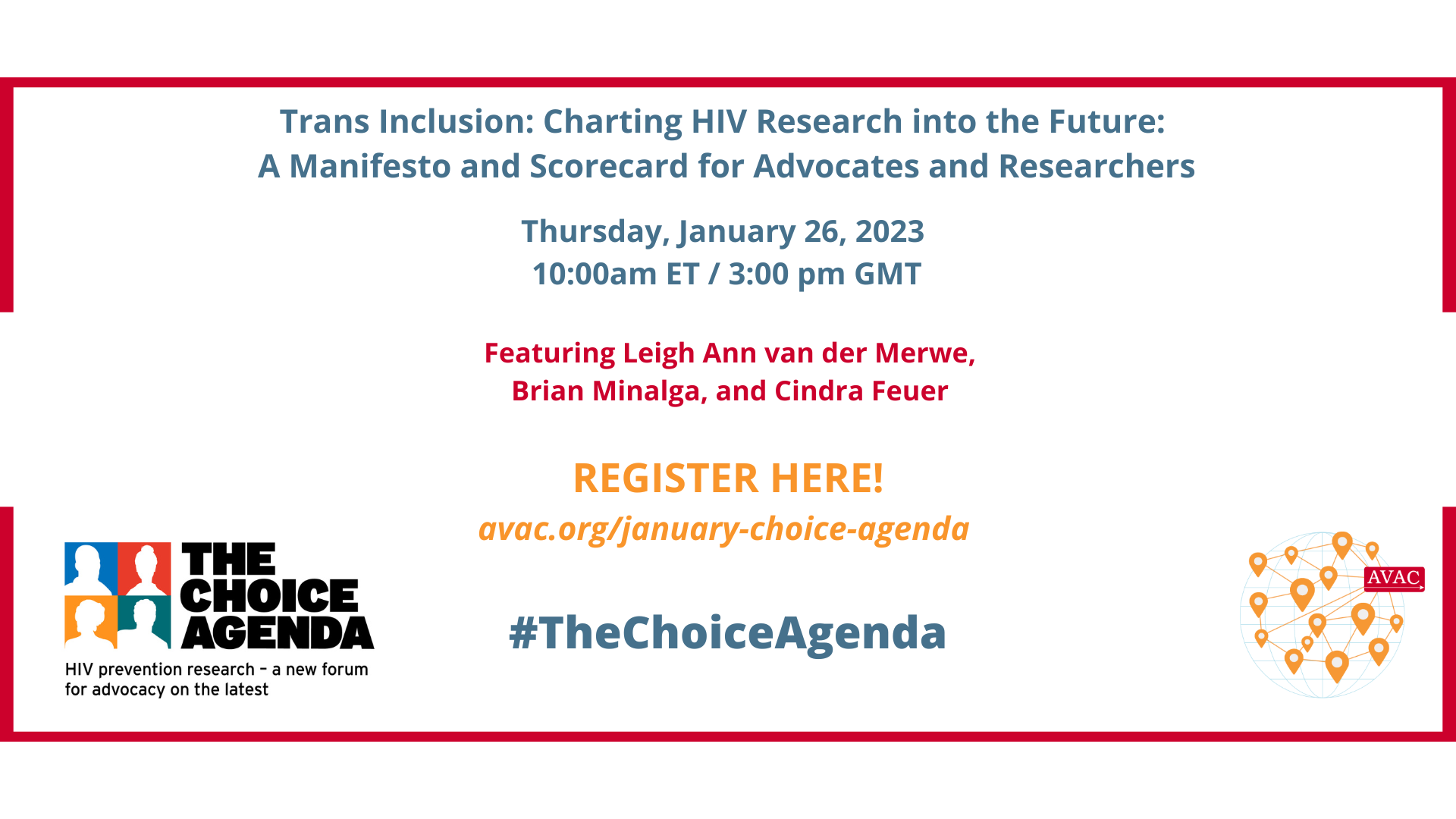South Africa could possibly reform its outdated and misguided criminal legislation that punishes consenting adults who offer or procure sexual services for money. AVAC supports the move toward decriminalization as evidence shows that its social, legal and economic injustices create a perfect storm for sex workers’ increased HIV risk. South African HIV and human rights activists deserve credit for their advocacy in bringing the Sexual Offenses Act of 1957 and its follow-on Amendment Act of 2007 up for a repeal vote.
AVAC Fellow, Liyema Somnono, authored an opinion in Health-e News (Jan 27), Decriminalization of sex work can help prevent HIV, unpacking the reasons for legitimizing and recognizing sex work as work, rather than as a stigmatizing crime with broad, negative effects that exacerbate an environment of social exclusion, violence and HIV. Liyema lays out a powerful case for repeal:
- Sex work is work. It’s an income-generating activity. Sex workers are not criminals, victims, vectors of disease, or sinners.
- Sex workers support between five and eight other people with their earnings.
- Under the current punitive laws, sex workers face human rights violations in their treatment by police officers, health practitioners, clients, and other members of society.
- Stigma and discrimination prevent most sex workers from accessing quality HIV prevention and HIV care services.
- Criminalization deems it difficult to negotiate safer sex or report abuse from clients, partners, police or health providers.
- Repeal of the legislation that punishes sex workers would have a profound impact on the course of HIV epidemics across all settings. A third to half of HIV infections would be averted in a decade.
For those residing in South Africa, please voice your opinion in favor of the Criminal Law Amendment Bill of 2022 at [email protected]. The comment period is open through 31 January.
Liyema is a 2022 Fellow, hosted by Passionate Unlimited Peers in Action, in South Africa where she partners closely with SWEAT and Sisonke, a national movement of sex workers working towards a South Africa where people who choose sex work are able to enjoy freedom, rights and human dignity. As part of her rights-based advocacy, Liyema works to integrate access to HIV prevention choices for sex workers and other women in the rural Eastern Cape.

